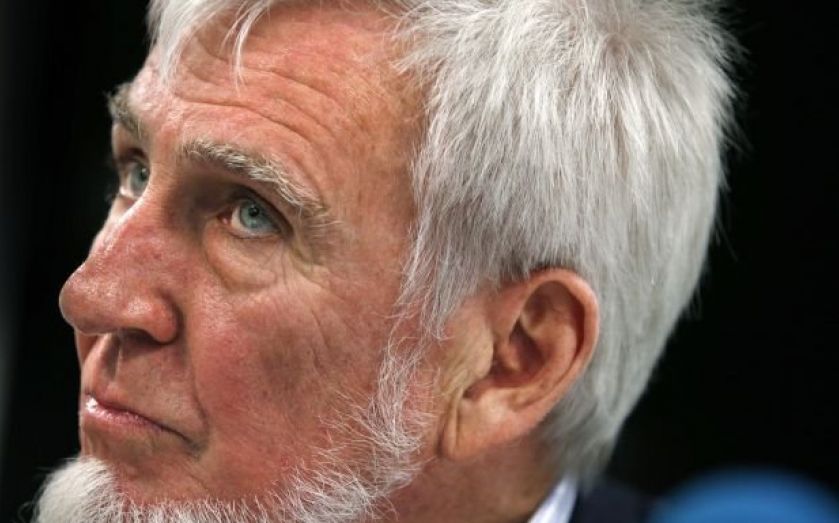| Updated:
2014 Nobel Prize winner John O’Keefe: UK needs more immigrants to boost science

Yesterday, John O'Keefe became joint winner of the Nobel Prize for physiology or medicine followng his contribution to the discovery of the brain's “inner GPS” system.
The US-born 75-year-old is currently a researcher at University College London, and at a press conference following the prize-giving he said his career had really taken off in the UK.
“The funding system has been very, very good to me in [Britain] … I don’t know how I would have fared in the American system,” he said.
“I did a PhD at UCL, at the time a very English university, and I was very, very taken with their attitude to science. It’s probably hard to imagine, but I never thought about having to get a job. At the end of the PhD, the world was your oyster.”
But he said it is now much more difficult for young, foreign scientists trying to enter the UK, and that in particular UK government policies on immigration are risking Britain's scientific standing.
“We should be thinking hard about making Britain a more welcoming place,” he told the BBC.
O'Keefe speaks from first hand experience – in his new role as director of the Sainsbury Wellcome Centre for research into neural circuits and behaviour, he has to recruit 150 neuroscientists.
"The immigration rules are a very, very large obstacle,” he said.
"I am very, very acutely aware of what you have to do if you want to bring people into Britain and to get through immigration, I'm not saying it's impossible, but we should be thinking hard about making Britain a more welcoming place."
A spokesman for the Home Office disputed this, however. In a statement, he said the UK's immigration rules posed no threat to its standing in the scientific world.
"The UK is open to the brightest and best, including talented scientists and engineers, and it is wrong to suggest our policies prevent companies appointing the skilled workers they need,” he said.
"Whilst the government has not shied away from taking tough action on abuse, the number of genuinely skilled people coming to the UK to fill skilled vacancies is on the rise."
He added that the introduction of an "exceptional talent" visa made it easy for "world leaders" in science to work in the UK.
NET MIGRATION RISING
In 2011, ministers imposed restrictions on economic migrants in order to reduce net migration to the “tens of thousands” by the time of the next election. This cap applies to skilled jobs with a salary of less than £153,500.
But according to the most recent data from the Office for National Statistics, net migration to the UK is on the rise.
Between 2013 and 2014, immigration rose from 492,000 to 560,000, while emigration remained stable at 316,000. The result was net migration of 243,000 for the twelve months to March 2014, up from 175,000 during the previous twelve months.
The graph below shows how immigration into the UK has been greater than emigration from the UK every year since 1993, and that the difference between the two is growing.